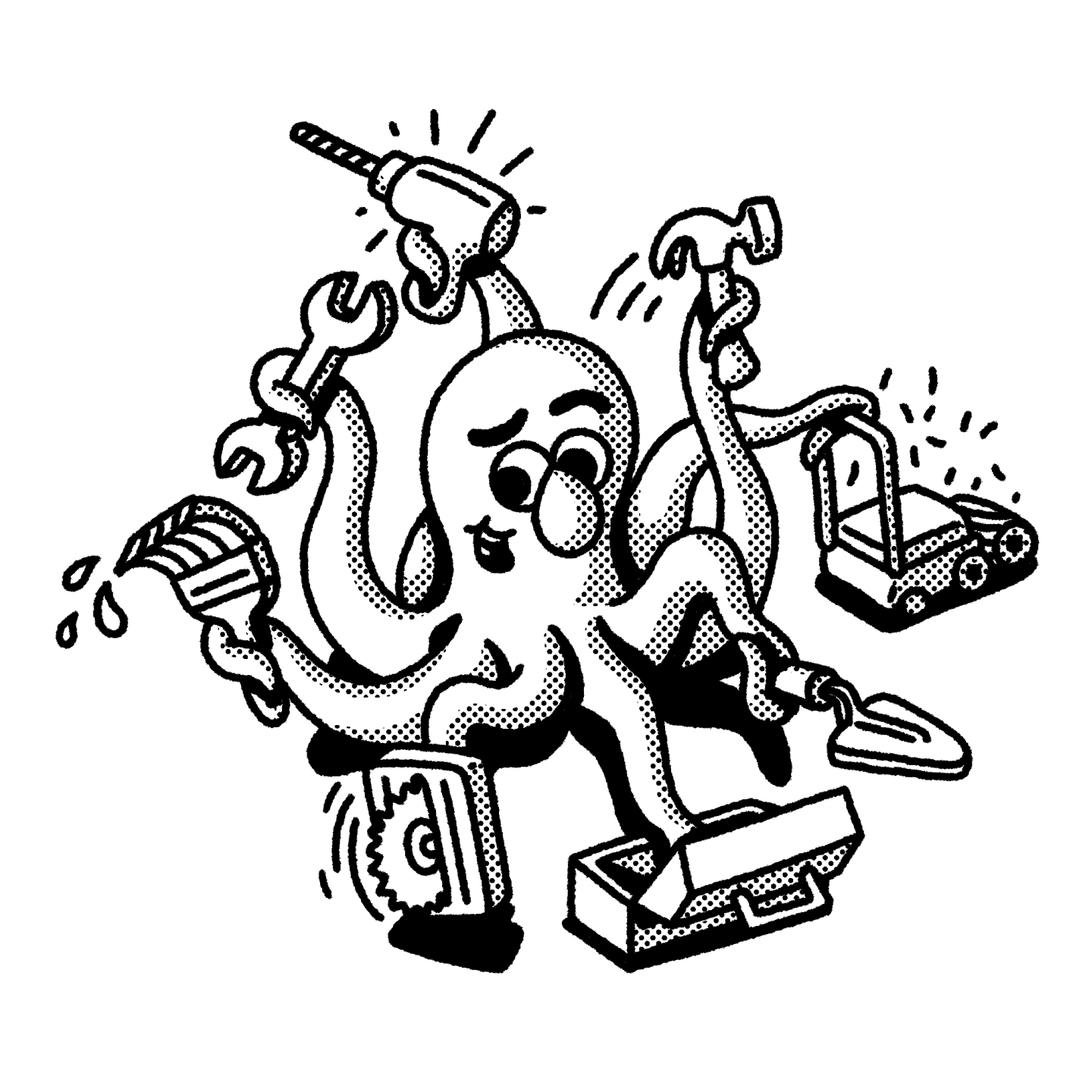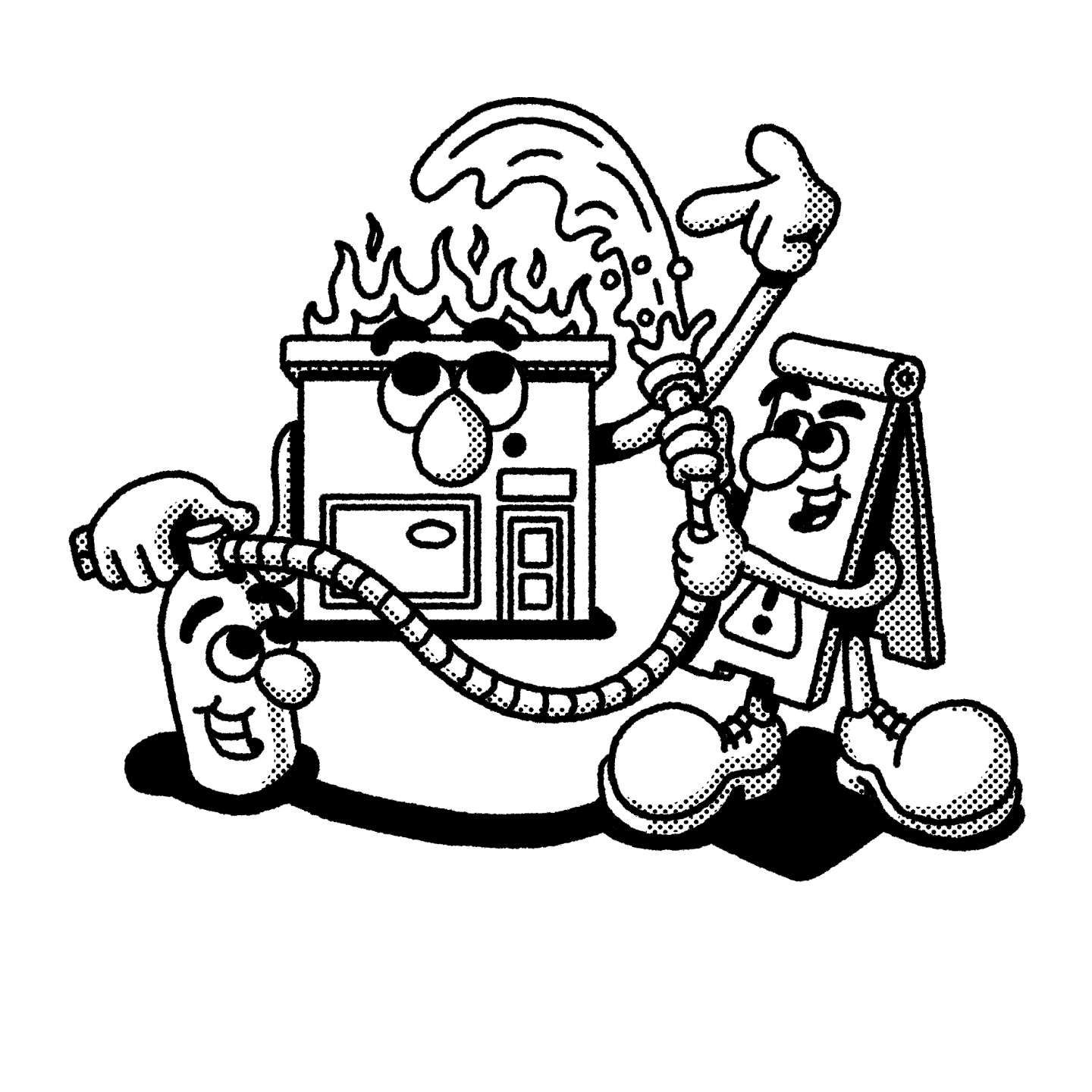What does an insurance adjuster do?
Think of an insurance adjuster as the gatekeeper to your insurance benefits.
As a small business owner, you buy insurance to protect your finances against unforeseen events such as fires, accidents, lawsuits and more.
Your insurance company is there to help you. But to do so, it must first verify what happened, determine the extent of your losses and calculate how much it should pay to make you whole.
An insurance adjuster quarterbacks the claims process from start to finish. They handle duties such as:
- Taking or reviewing the initial loss report.
- Verifying the business owner’s insurance coverage to make sure it’s active.
- Interviewing the people who were involved to confirm the facts.
- Confirming the value of damages.
- Evaluating reports or estimates from outside experts (like auto repair specialists, medical professionals and home contractors).
- Letting the business owner know how much the insurance company will pay for the claim.
- Negotiating with third parties and their attorneys over settlements.
Are there different types of insurance adjusters?
Yes, there are three kinds of insurance adjusters:
- Company employees
- Independent or freelance adjusters
- Public adjusters
Most adjusters are company employees. This means an insurer pays their salary, and the adjusters work for that company exclusively.
Independent or freelance adjusters are contractors who work for one or more insurance companies. They don’t receive salary and benefits but instead get paid by each insurance company based on how many claims they resolve or some other type of payment arrangement.
Public adjusters are also independent claim professionals. However, they’re hired and paid by the people filing claims, and not by the insurance companies. Since public adjusters serve policyholders, they can sometimes be good at nudging claim payments higher.
Do adjusters work with most forms of insurance?
Adjusters often specialize in certain insurance products and losses (for example, commercial property insurance). When a flood or hurricane hits a region causing extensive water damage, business owners team up with a catastrophe adjuster. These claim experts are experienced at handling incidents that affect an entire region.
Other adjusters may specialize in settling complex medical insurance claims or specialized business losses.
For instance, marine casualty adjusters investigate losses from shipping accidents on the open sea or inland waterways. Others might investigate damage to agricultural fields or crops.
Do insurance adjusters need licenses?
Thirty states require insurance adjusters to earn and maintain an adjuster’s license.
Laws vary across the country. But most states require advanced training and ongoing continuing education.
How do you work with an insurance adjuster?
To streamline the process of working with an insurance adjuster:
- Return their phone calls promptly.
- Maintain a log of all calls, emails and correspondence — including names.
- Provide full documentation of your claim.
- Take notes during all conversations. Document all promises made.
- Avoid giving a recorded statement without first talking to a lawyer.
- Never admit fault in your adjuster conversations.
- Avoid giving information about an injury until you’ve completed your treatments and recovered.
Finally, take time to consider a settlement offer. If you believe it’s too low, consider hiring a public adjuster to buttress your case.
Will artificial intelligence (AI) make insurance adjusters obsolete?
Artificial intelligence is reshaping many insurance company functions, including claims adjusting. It’s too early to know if it will put adjusters out of work. But we do know it can make their job easier.
While big-ticket claims normally land on a human adjuster’s desk, insurers use artificial intelligence to automate processing of less complex, small-ticket claims.
For instance, in a study by Forrester Research, some insurers use computer vision AI to evaluate photos of damaged cars. This speeds the calculation of auto repair costs and it can lower claims-handling costs. Another study found that the value of AI underwritten insurance premiums will exceed $20 billion by 2024 — and reduce claim processing time.
Need to file a claim on your NEXT insurance policy?
NEXT makes getting business insurance and filing a claim simple and easy. Just log in to start your claim or go to the NEXT customer portal. We’ll do our best to settle your claim promptly.
NEXT is easy and always available. We give you 24/7 online access to your plan and your policies to help you manage your coverage on your schedule.
You can start a quote, customize your options and access your proof of insurance in about 10 minutes.
Get a free instant quote with NEXT.













